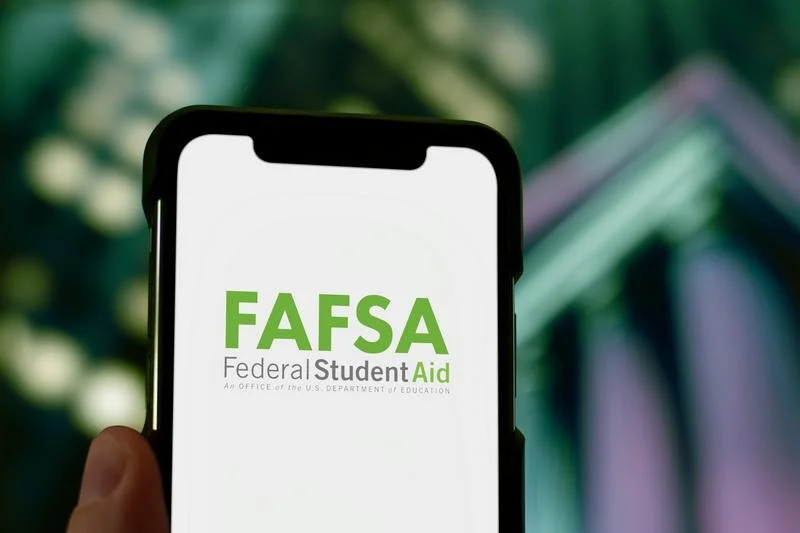If you are planning to be considered as a ‘FULL PAY’ (which may help with colleges that practice ‘need-aware’), then STOP reading. But remember, this is a 4-year process in which you are establishing a precedent.
For those planning on filing for financial aid, the FAFSA (Free Application for Federal Student Aid) and, if required by your student’s colleges, the CSS Profile, are now open for students graduating high school in spring 2026 and starting college in fall 2026:
Complete the 2026–2027 FAFSA
That FAFSA will use 2025 tax year income information (the “prior-prior year” rule)



